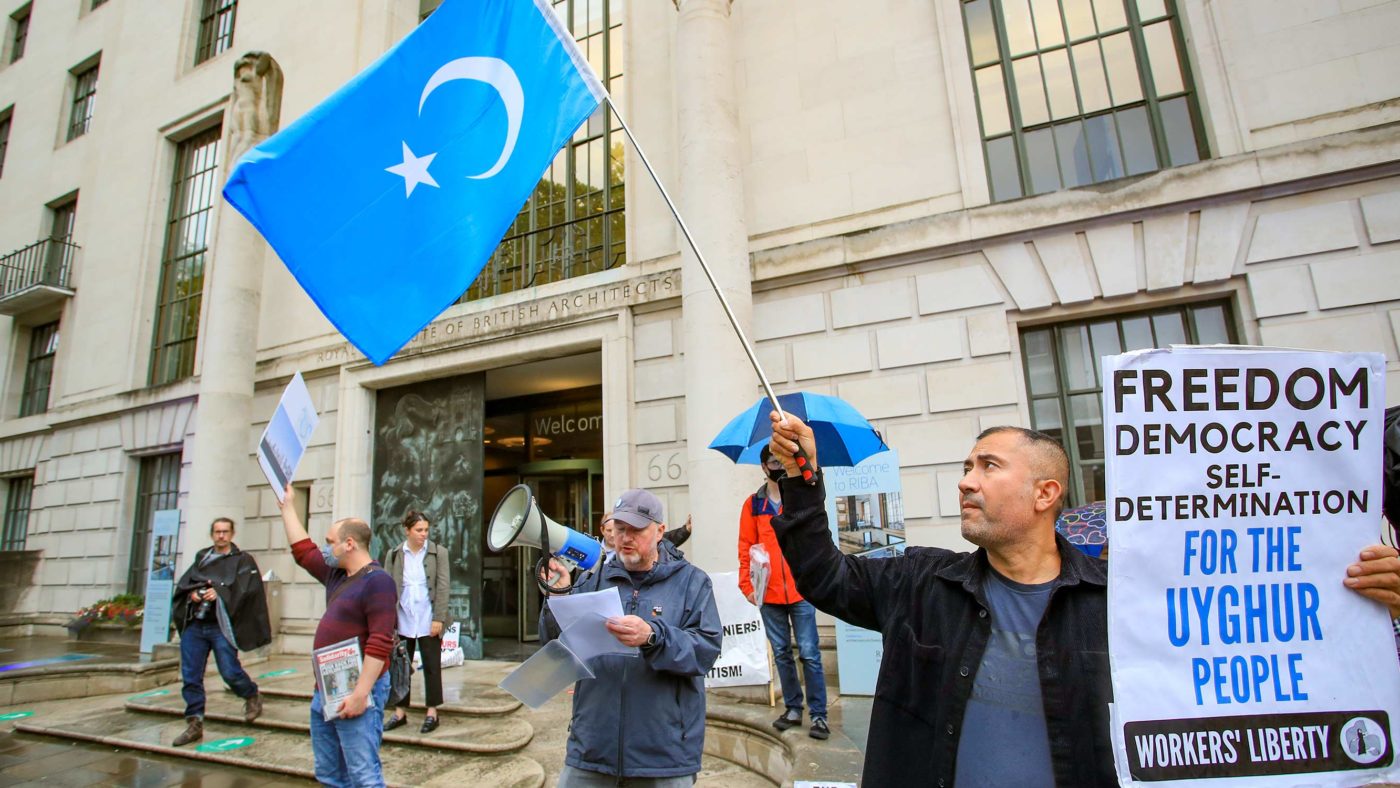The British government has taken a backseat in genocide recognition, let alone prevention, in recent years. Once a beacon of democracy promotion and human rights protection, a prominent leader in seminal tribunals such as Nuremberg, our foreign policy now seems to consist of vague condemnatory hand-wringing statements and, if we’re lucky, a few token sanctions. We need to return to a leadership role in this field.
This is particularly pertinent given the ongoing atrocities being committed in Myanmar and China. Whilst MPs declared that the persecution of the Uyghurs in western China’s Xinjiang region amounts to a genocide earlier this year, the Government has so far refused to do so. Yet without such recognition, and action to stop the genocide and hold the perpetrators accountable, we are failing the Uyghurs. The full implications of such failure to stop these atrocities may be unknown, but at a minimum we can be sure that impunity will embolden the Chinese regime and every other brutal dictatorship.
In addition to the dangers of inaction, there are other reasons why we must act. First, we cannot rely on Muslim countries to lead the way with taking China to the International Court of Justice. Whilst some countries such as Saudi Arabia, Iran, and Turkey did indeed rally together to defend the Rohingya in the face of persecution in Myanmar, the same courtesy has not been applied to the imprisonment of Uyghurs in China.
For example, a letter signed by 37 countries in 2019, including Pakistan and Saudi Arabia, parrotted China’s own propaganda by arguing that Beijing was merely engaged in “counter-terrorism and deradicalisation measures in Xinjiang, including setting up vocational education and training centres”. We have also recently seen Uyghurs being deported from Muslim-majority countries. Idris Hasan currently faces potential deportation from Morocco, for example. We cannot rely on other countries to protect the Uyghurs, so we must intervene.
There are two options for the British government. The first would be to allow our own courts to make a determination on whether the Uyghur case constitutes genocide – and any future potential genocide anywhere in the world too. This is in line with the Genocide Amendment to the UK Trades Bill, introduced earlier this year, which came close to being passed by Parliament but was in the end defeated by the government. This amendment addresses the following:
“The amendment has been revised to clarify that, following preliminary determination of genocide by the High Court, the matter would go back to the Parliament and Government ultimately decides on all consequences. An impartial High Court ruling on genocide shields the Government and Parliament from the potential damage to foreign relations that may occur from a determination of this nature.
The Genocide Amendment allows UK domestic courts to fill a gap in the international justice system, since international courts cannot guarantee consequential action in time to prevent further atrocities as mandated by the UN Convention on the Prevention and Punishment of the Crime of Genocide (the Genocide Convention).”
The second option would be to support or lead a case at the International Court of Justice in order to bring global attention to these atrocities.
Without such definitive action, the situation for the Uyghurs will only worsen. This is evident from the example of Myanmar. We argue that the coup in Myanmar earlier this year could have been prevented if the perpetrators of the Rohingya genocide had been held accountable and if countries like the UK had intervened earlier. We can be sure that, if the atrocities against Uyghurs are left unchecked and unchallenged, Xi Jinping’s regime will only further intensify repression against other minorities across China and against pro-democracy activists in Hong Kong, and be emboldened in its aggression beyond its borders.
Christians in China already face the most severe persecution since the Cultural Revolution, and the regime stands accused of forced organ harvesting from prisoners of conscience, which an independent tribunal two years ago described as a “crime against humanity”. It is imperative to act now and stand up to genocidal regimes before it is too late.
Click here to subscribe to our daily briefing – the best pieces from CapX and across the web.
CapX depends on the generosity of its readers. If you value what we do, please consider making a donation.


